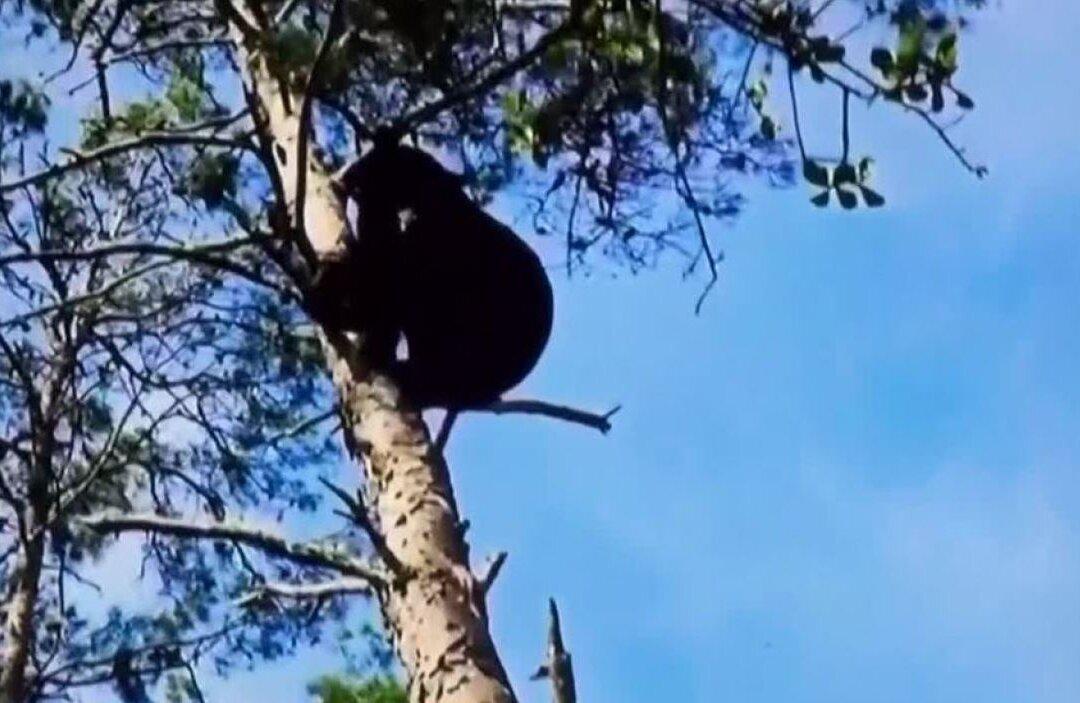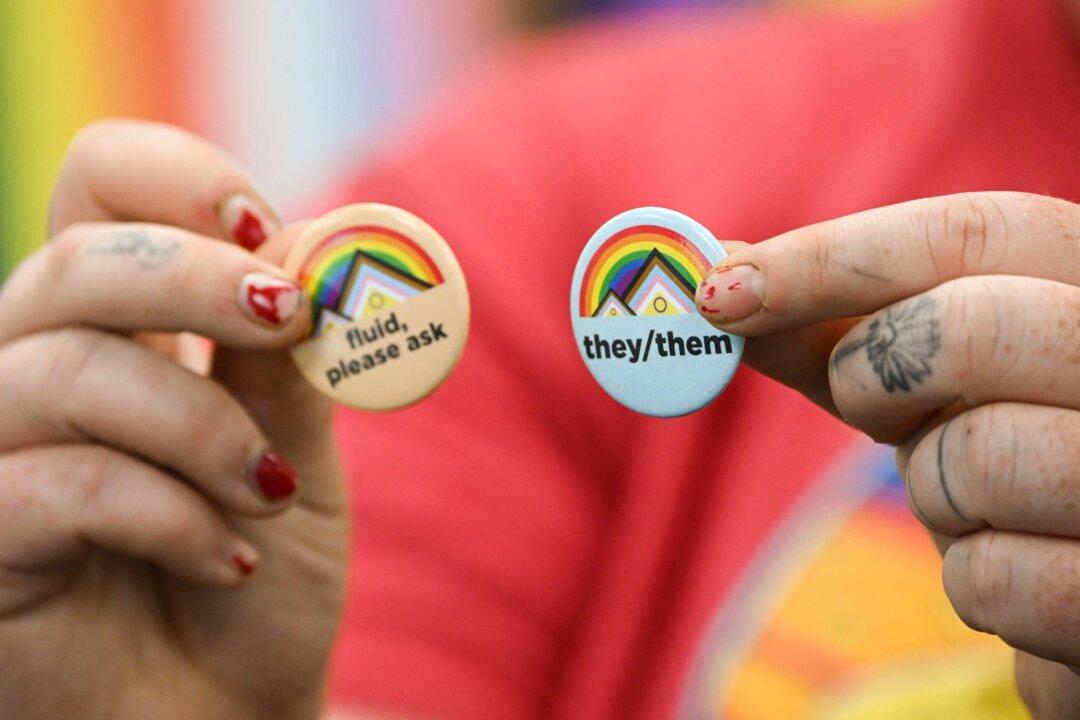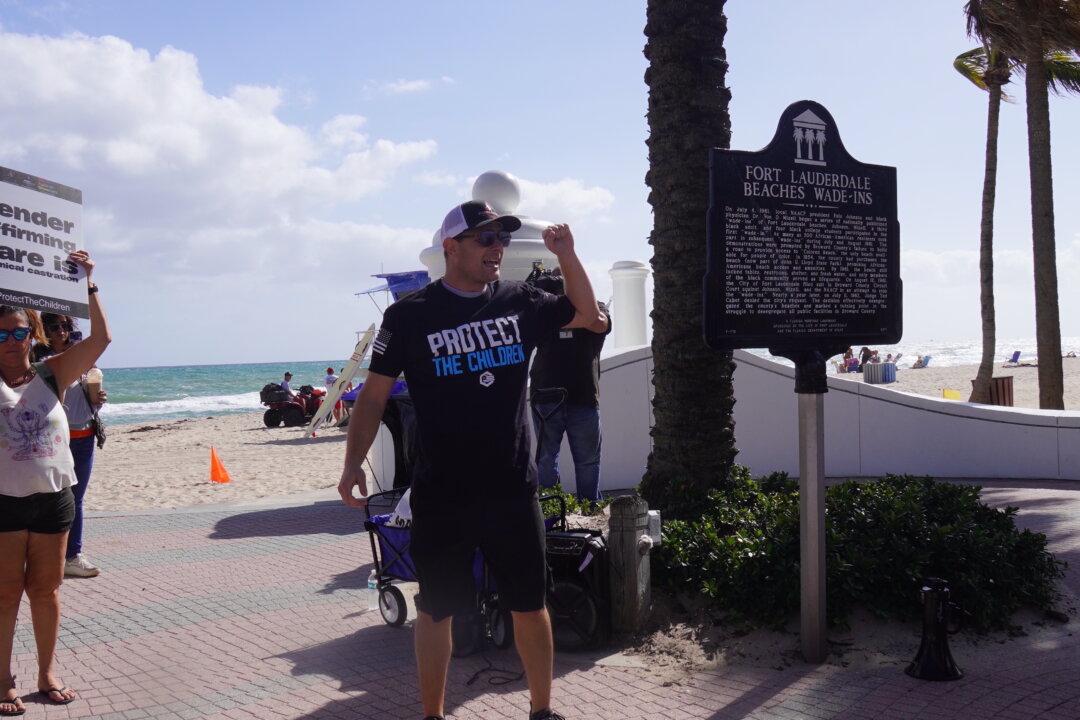PUNTA GORDA, Fla.–The Florida Fish and Wildlife Conservation Commission released a report on June 23 showing that sheriff’s deputies disregarded FWC’s directive when they shot and killed a juvenile bear that “was no threat” and was “retreating” from the residential neighborhood in Palm Beach County.
The Palm Beach County Sheriff’s Office maintains its decision was based on public safety and traffic flow.
Arielle Callender, FWC Public Information Director for the South Region said in a released statement to The Epoch Times:
“FWC bear experts did not consider killing the bear since FWC law enforcement on (the) scene never observed any indication that the bear was a threat to public safety.”
Bear sightings in residential neighborhoods are not a cause for concern, she said, as the animals frequently roam in populated areas. This particular bear had “climbed a tree because it had a natural fear of humans and wanted to be away from people in the area.”
“A bear that is easily scared off by people is not a safety threat,” she wrote, adding that FWC officers on the scene had determined that the bear should “safely be allowed to leave on its own” because there were conservation lands nearby.
The report, however, indicates that the Palm Beach County Sheriff’s Office disregarded FWC’s request to allow the bear to leave the area.




